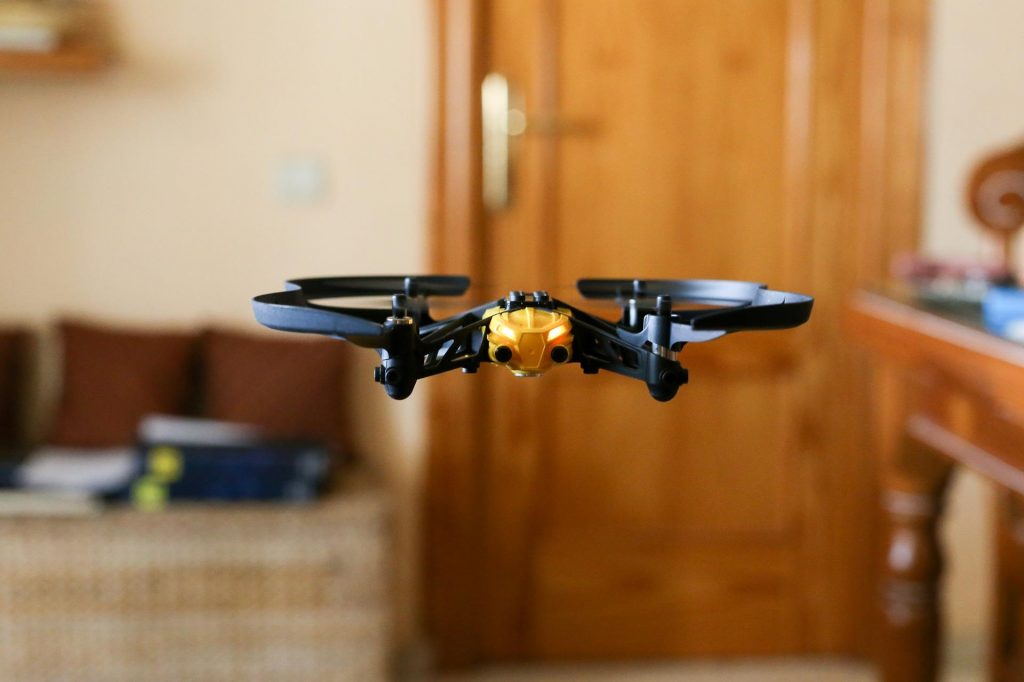
Robohub.org
Robotics in the home

The first robots went into space over 60 years ago and robotics have become a familiar sight in many industrial settings, but it took a bit longer for robots to make their way into our homes. Robotic vacuum cleaners first started to make an appearance in homes about 20 years ago now, and according to a recent survey by the UK-RAS Network, 28% of people say that robots are now an occasional part of their everyday lives while 13% say they are fully integrated into their day to day lives. But home robots can do a lot more than clean the floors. Social and assistive robots can offer company and help around the home which can be game-changing for people with limited mobility or dementia.
In this special live recording for the UK Festival of Robotics, Claire chatted to Dr. Patrick Holthaus (University of Hertfordshire / Robot House), Prof. Praminda Caleb-Solly (University of Nottingham) and Dr Mike Aldred (Dyson).
Patrick Holthaus researches how robots can socially engage with humans letting them interact with each other in a special research facility, the Robot House at the University of Hertfordshire. He is particularly interested in non-verbal communication like body movements, gestures, and gaze and how they can influence the social credibility and trust of assistive and companion robots. At the same time, he maintains the robots and all the interactive technology in the house and coordinates and advises other users of the house as the Robot House manager.
Praminda Caleb-Solly is Professor of Embodied Intelligence at the University of Nottingham where she leads the Cyber-physical Health and Assistive Robotics Technologies research group. Prior to joining Nottingham, she led research in Assistive Robotics at the Bristol Robotics Laboratory for over ten years. In 2020 she co-founded Robotics for Good CIC, a ‘robots-as-a-service’ start-up which is currently supporting the deployment of telepresence robots.
Having gained a PhD in robotics from the University of Kent, Mike Aldred left in 1998 to be part of the original team of 5 roboticists at Dyson. He spent 15 years taking the company’s first robot vacuum cleaner from technology research right the way through to a manufactured product. He has worked on pretty much every area of domestic robotics from developing vision based navigation systems, to helping define international robot standards and ensuring the production line runs smoothly. The common theme running across all his roles at Dyson has been turning academic theory into practical reality.
Keywords: assistive, home, domestic, social, vacuum
tags: c-Consumer-Household





